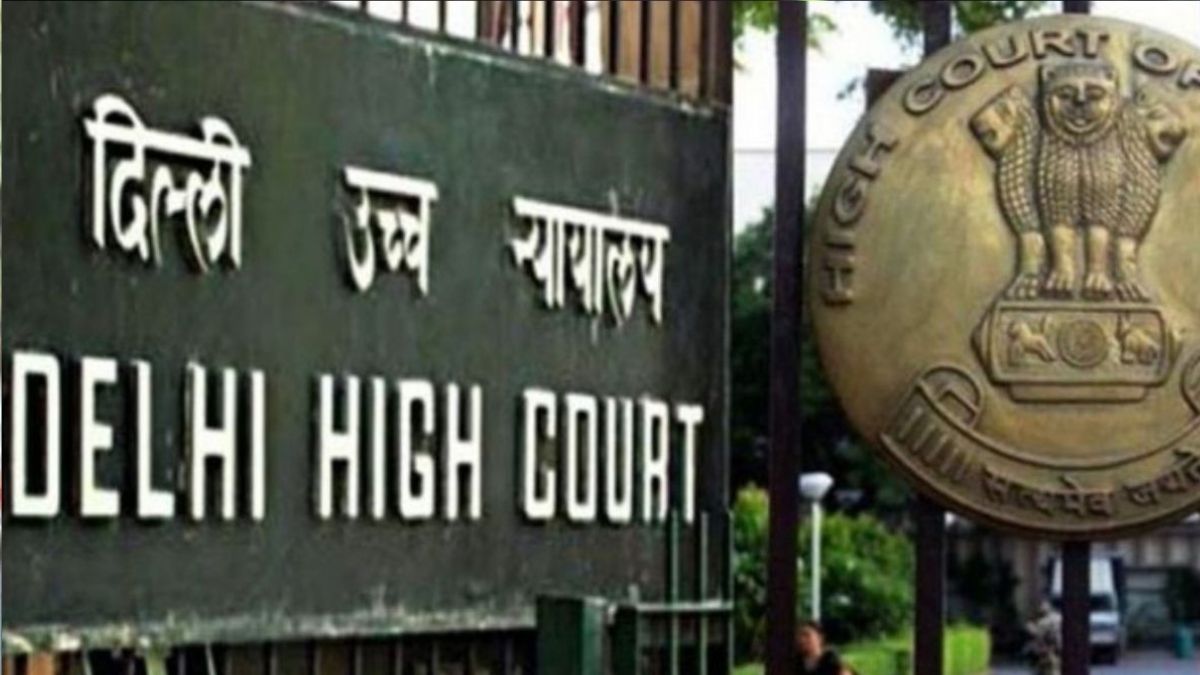- By Kamal Kumar
- Tue, 19 Dec 2023 04:38 PM (IST)
- Source:JND
The Delhi High Court has rejected a frivolous petition claiming ownership of land between the Ganga and Yamuna rivers, spanning from Agra to Meerut, and 65 other territories in Delhi, Gurugram, and Uttarakhand. The court quashed the petition as misconceived, imposing a cost of Rs 10,000 and labelling it a waste of judicial time.
“The present writ petition is nothing but an abuse of the process of law and a complete waste of judicial time. In view of the above, this court is inclined to dismiss the writ petition by imposing costs of Rs 10,000 on the petitioner. Let the costs be deposited by the petitioner with the Armed Forces Battle Casualties Welfare Fund within a period of four weeks from today,” Justice Subramonium Prasad noted in an order issued on Monday, which was later published on the court's website on Tuesday.
Who Filed The Petition?
Kunwar Mahender Dhwaj Prasad Singh filed a petition in the High Court claiming that the land between the rivers Yamuna and Ganga, comprising the former United Province of Agra, along with other areas, falls under the Princely State of Beswan family. Singh argued that, as there was no accession agreement between his forefathers and the Government of India, the land rightfully belongs to his family.
However, the high court rejected his plea, which sought government intervention for the claimed territory, including compensation. Singh also requested the Centre to refrain from conducting elections for the Lok Sabha, Rajya Sabha, state assemblies and local bodies in the claimed territories without proper legal process for merger.
What the Court Said?
“The claims raised by the petitioner in the present writ petition cannot be gone into or adjudicated in a writ petition. The petitioner has only filed some maps, and historical accounts, which in the opinion of this court do not indicate any existence of the Beswan family or the existence of any right of the petitioner. The judgments, extracts from Wikipedia report, documents of political integration of India, instrument of accession also do not substantiate the case of the petitioner,” added the High Court's order.
Also Read: Israeli Woman Inbar Haiman Abducted At Supernova Fest On Oct 7 Murdered By Hamas
The court's order also stated that writ courts should not be filed for investigative matters better suited for civil courts. Matters involving factual determinations and conflicting claims are more appropriately resolved through properly contested suits, and Article 226 of the Constitution, which grants high courts the authority to issue writs or orders, is not the suitable remedy for such proceedings.

